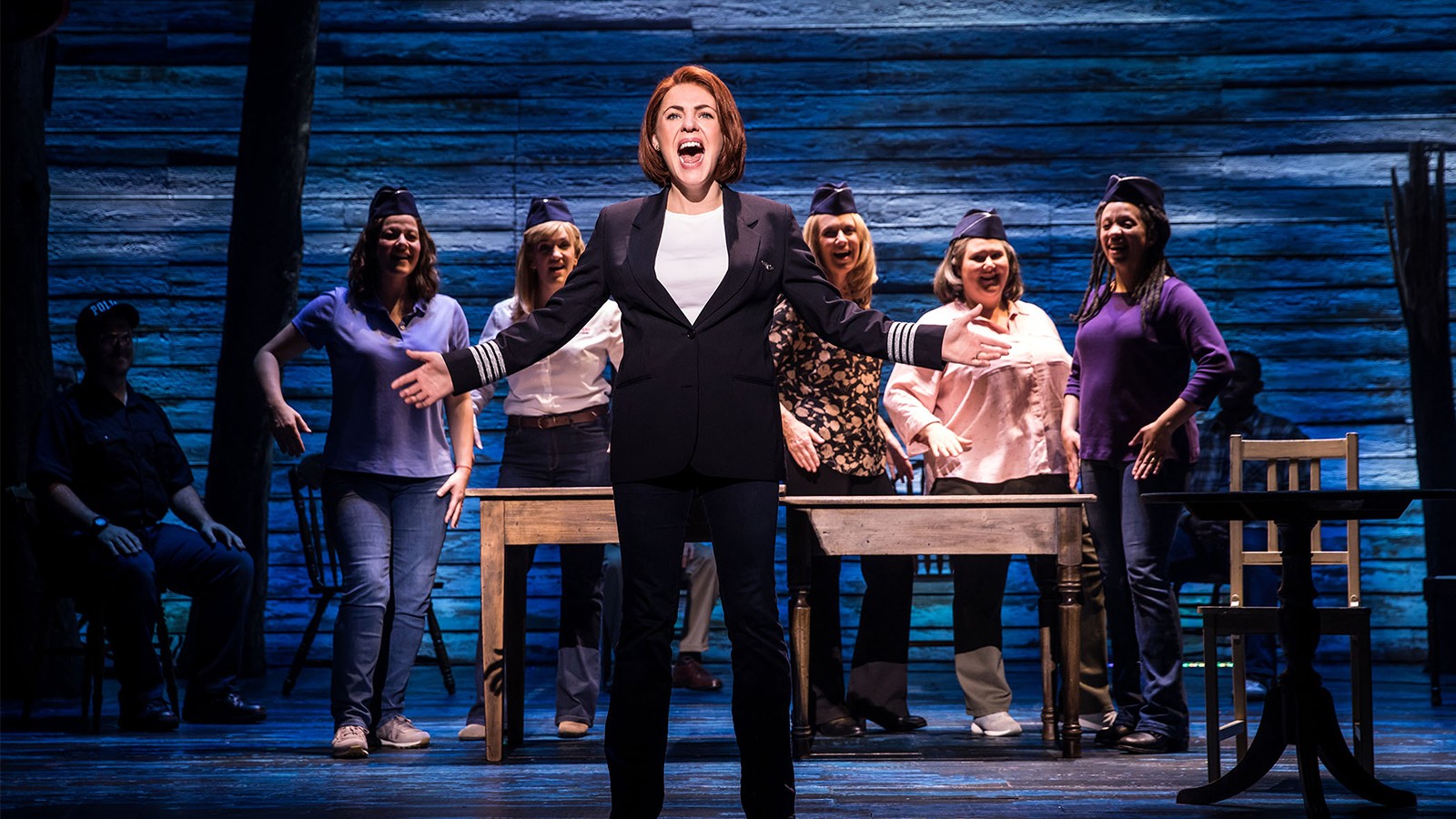
Come From Away: A Feel-Good Musical About 9/11?
Come From Away: A Feel-Good Musical About 9/11?
By James Porter
I saw a remarkable Broadway roadshow the other night called Come From Away. It’s a feel-good musical—but believe it or not, it’s about 9/11.
The show tells the story of a tiny town called Gander on the island of Newfoundland. On September 11, 2001, when U.S. airspace was shut down and thousands of planes were forced to land outside the country, 38 planes carrying nearly 7,000 passengers were diverted to Gander’s small airport. To put this in perspective, Gander’s population was about 9,000. In the span of a few hours, their town grew by nearly 80%.
As someone who writes about stress, I couldn’t help but view this musical through that lens. Think about it: Thousands of people in the air, suddenly grounded in a place they’ve never heard of. No access to the news. No explanation for why their flights were diverted. No way to contact loved ones. They were, for a brief but critical time, essentially homeless, scared, and completely in the dark.
Then think about the residents of Gander: A small, close-knit community asked—without warning—to feed, house, clothe, and comfort thousands of strangers. All while processing the same shocking, world-altering news.
And yet, what unfolded was something extraordinary. The people of Gander didn’t panic. They didn’t retreat. They didn’t shut down or turn inward. Instead, they came together.
They opened their homes, their hearts, and their kitchens. They made hundreds of sandwiches, found bedding, arranged transportation, cooked meals for passengers with dietary restrictions, and cared for pets and animals—including a rare set of Bonobo monkeys, one of which gave birth while in Gander. They even took the time to learn the stories of the people they were helping.
In return, those stranded passengers found not just safety but comfort, friendship, and in some cases, lifelong relationships. One couple who met during those few days even went on to get married. And ten years later, many of the passengers returned to Newfoundland for a reunion, attesting to how this unexpected week changed their lives forever.
Watching Come From Away felt less like watching a musical and more like witnessing a living, breathing documentary. The facts are there—woven seamlessly into the story—but so is the emotional truth: that in moments of great crisis, we have the potential to rise, to connect, and to help.
And yet, it’s hard not to compare that story to where we are now.
In recent years, crisis has more often divided us than united us. Whether it’s political polarization, pandemic fallout, or climate disasters, we’ve seen an erosion of trust and civility. Instead of coming together, we seem quicker to blame, isolate, and resist.
But the story of Gander reminds us of another path—one that’s always available to us, if we choose it.
As a stress expert, I’ve seen how people often respond to crisis with a "fight, flight, or freeze" reaction. It’s built into our biology. But there’s a fourth response that doesn't get nearly enough attention: tend and befriend—a term coined by psychologist Shelley Taylor. This response activates when we reach out to others in a time of need. When we connect instead of withdraw. When we support instead of isolate.
The people of Gander lived this response. And the passengers were forever changed by it.
So what can we learn from them? Here are a few strategies for coming together in times of crisis:
- Be proactive in reaching out. Don't wait for someone to ask for help. Offer it. Even small gestures—a hot drink, a spare room, a shared meal—can change someone’s experience of a crisis.
- Look for shared humanity, not differences. In a stressful situation, it's easy to retreat into tribal thinking. But focusing on what we have in common creates a bridge.
- Practice listening. Sometimes the best thing you can do in a crisis is simply to hear someone else's story. Gander residents listened. And that made all the difference.
- Use your skills. Are you a good cook? Can you organize? Drive someone? Care for animals? Everyone has something to give.
- Take care of yourself, too. Helping others can reduce your own stress—but only if you're tending to your needs as well. Rest, hydration, and calm are just as important.
The story of Come From Away is a reminder that even in our darkest moments, we can be beacons of lights for one another. In the face of uncertainty, kindness is an anchor. In the midst of fear, connection is a lifeline.
Let’s not wait for the next crisis to remember that.




Erica Tuminski
Author